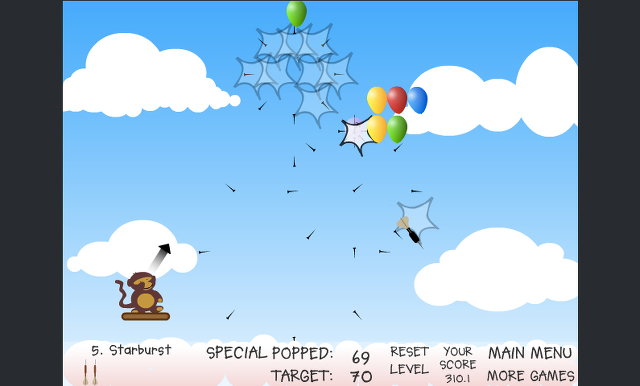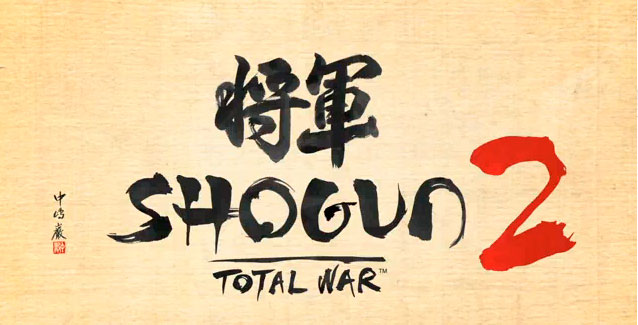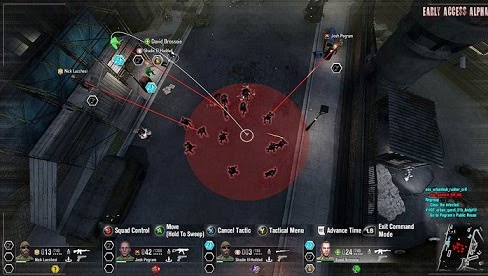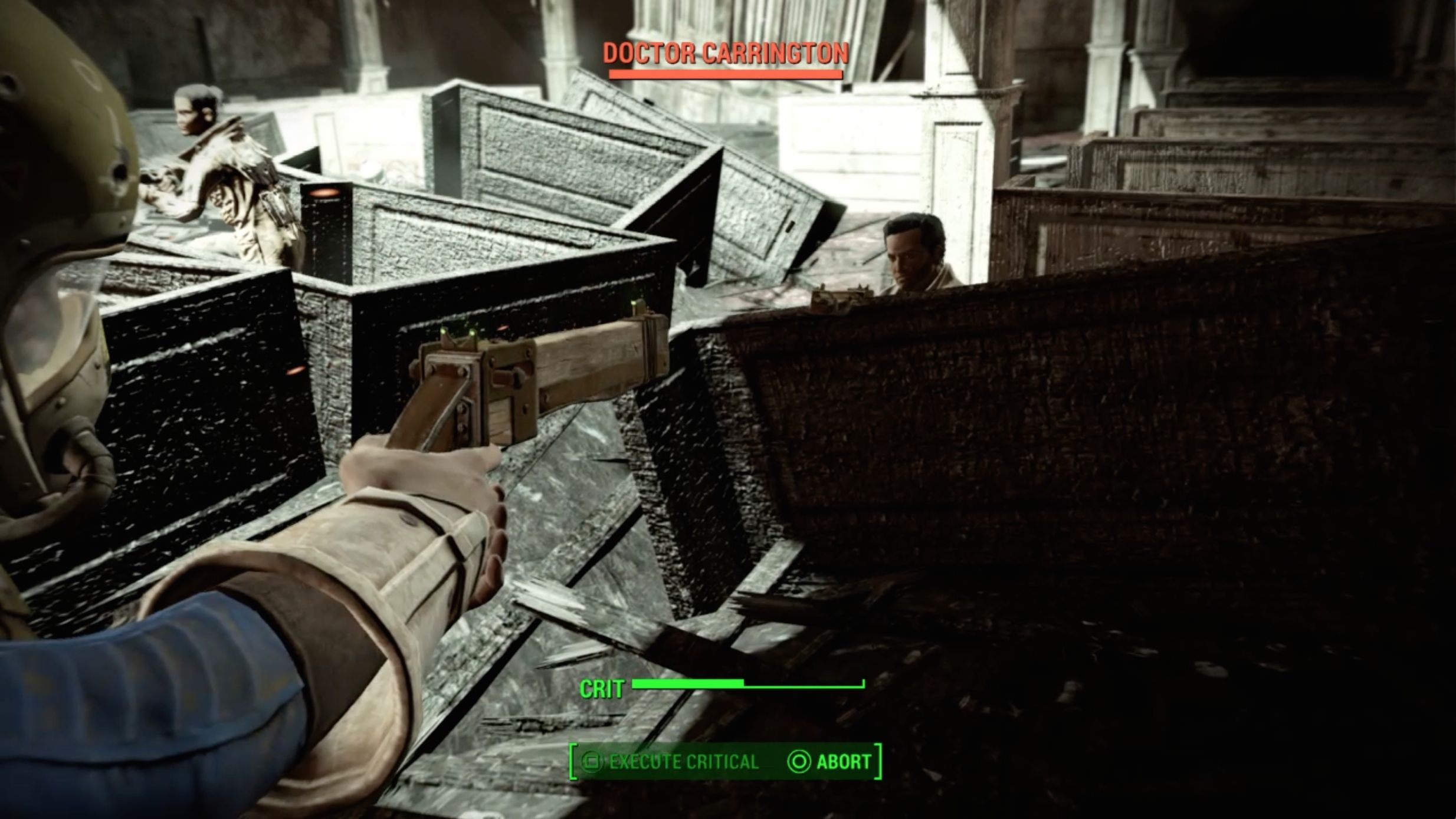

Imagine launching a videogame that satirises games, game development and gamers in 2016. Terrifying! You submit yourself for comparison with The Stanley Parable, Surgeon Simulator and Saints Row 4, and in such company most games deflate like a first-time comedian confronting a crowd of more than their mum. Saints Row’s own DLC—Enter the Dominatrix and the expandalone, Gat Out of Hell—failed to pin down what made the fourth instalment so cathartic and disruptive, complicit in the mundane tasks which they were attempting to skewer. Pony Island is of a different class. Not only does in succeed in having meaning and a point to make, but it remembers to be a decent game while it’s at it—a game, no less, that left me doubting my own grip on reality.
It’s maddening that I can’t unpack Pony Island for this review without spoiling it or desensitising you to its many, many tricks. I ought not to share my interpretation of what at times appears to be an ingenious literary conceit and at others pokes fun at the whole idea. In compromise, I’ve pulled out a handful of inspired examples to mull over, but I’m not entirely confident of my own theories. Really I need to play it again, but, well, I made a promise.
Pony Island boasts the most asinine introduction most of us will ever endure. It’s an old arcade title by Systemtech, Inc. consisting of a pony, some hurdles and a sickly bucolic background. Left click to jump; unlimited lives. Think you can handle that? The eruption of insincere praise on prancing up to the end flag might elicit and appreciative nod. “Ah”, you may think, “a critical slap to the state of achievements and positive reinforcement in free-to-play. How droll.” This is the least of what Pony Island has to say. To Pony Island, the state of free-to-play is mere small talk, like mentioning the weather or your lunch plans. It wants you to think it’s interested in free-to-play before layering on the meta-commentary.
Things don’t take long to escalate, and as you begin to mess with the arcade game’s back end through cracks in the old code, you draw unwanted attention. Pony Island is the devil’s own arcade game, and there are similarly ancient things lurking behind the dusty CRT screen. What begins as monotonous show jumping spins into a war over your mortal soul.
The recurrent hacking stages take place through a faux-coding interface, like those of The Magic Circle or else Heart.Break(). You rearrange given commands to help the pre-defined sequence run from end to end, giving yourself new behaviours or just breaking things sufficiently that your old behaviours will do. Messing with the options menu is always a blast, allowing you to toggle settings such as anti-aliasing, pony lasers and ‘cheerful façade’, although I’ll forever view the absence of a field of view setting as a missed opportunity.
As the game progresses (both the real and metaphorical game, if you’re keeping track), new commands are added to the roster and the coding puzzles become proportionately more complex. At first it feels like a contradiction to have such obvious ‘game-like’ elements with a conventional difficulty curve embedded in a game which points out how daft these things are, but I suspect that’s part of the joke. And, simply, it’s nice to have things to do—the puzzles offer a light cerebral challenge that requires your interaction. They make you part of the joke and ensure that you’re playing a game, not stranded in a lecture theatre listening to a dev tell us how silly the very concept is. It’s a rare sighting of genuine self-aware humour.
It’s a pity that these asides begin to verge on repetitious, but a late-game reskin gives them just enough life to carry the puzzles through to the end of Pony Island’s four-hour lifespan. That window is flawlessly judged. Short and incisive, it’s impossible for Pony Island to outstay its welcome, and for the length of its brief run it snowballs, gaining momentum until the conclusion crashes down on you in an avalanche of meta-commentary and ARG elements.
Pony Island picks up themes and ideas until it’s large enough to reach past its videogame constraints and start messing with your reality. That’s you, the reader, not ‘you’ a hypothetical Pony Island player—it creates the illusion (oh, please let it be an illusion) of toying with the real world, to the degree that when it ended I stood up, in an office to myself, to mime the splatter from my blown mind hitting the corners of the room.
THE VERDICT



 Top 25 Best Strategy Games for PC
Top 25 Best Strategy Games for PC Breach & Clear: Deadline (PC) first impression
Breach & Clear: Deadline (PC) first impression Fallout 4: Tactical Thinking walkthrough
Fallout 4: Tactical Thinking walkthrough No Man’s Sky Wiki – Everything You Need To Know About The Game .
No Man’s Sky Wiki – Everything You Need To Know About The Game . Final Fantasy 13-2 Walkthrough
Final Fantasy 13-2 Walkthrough